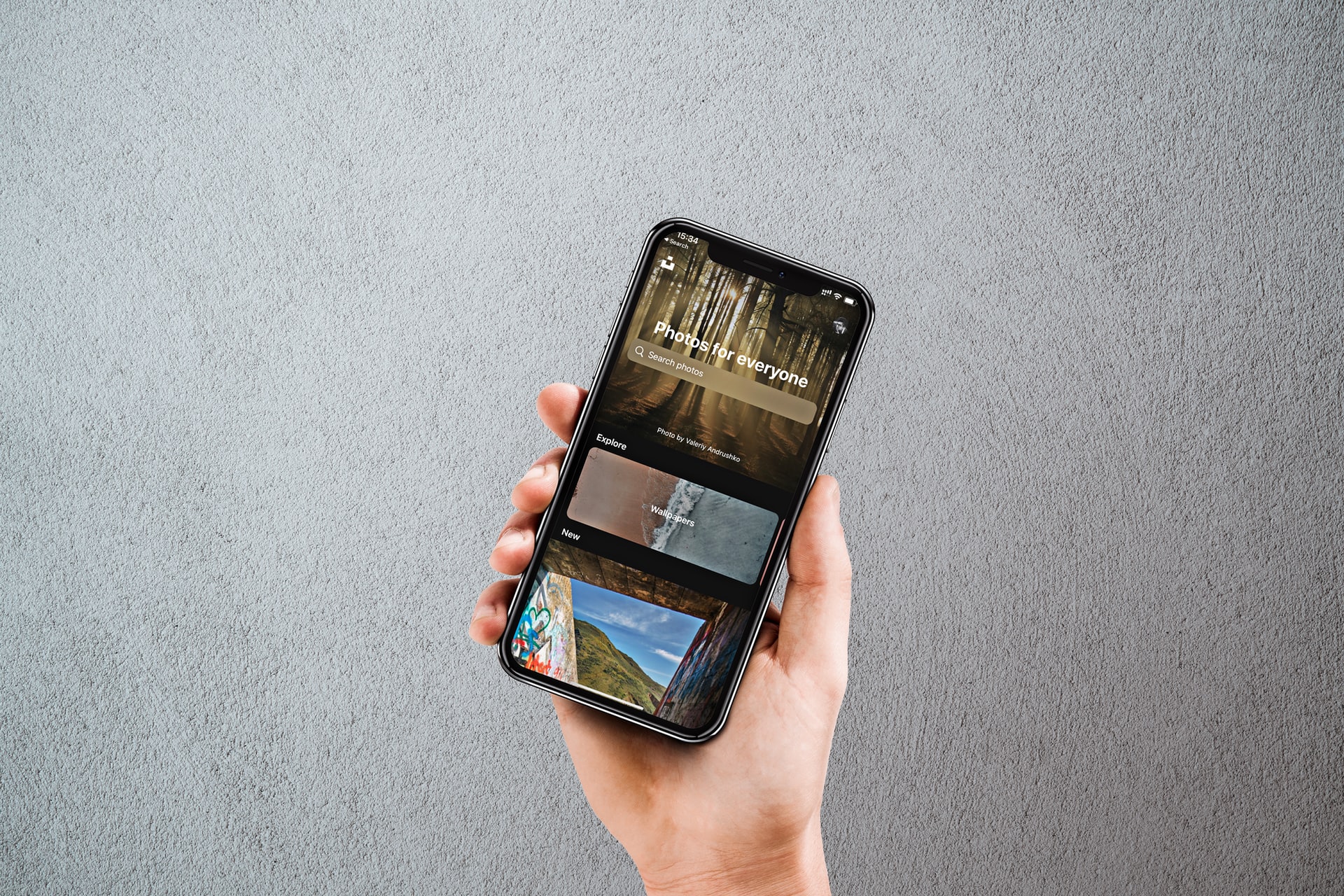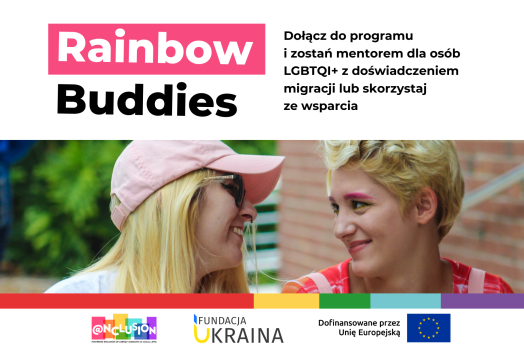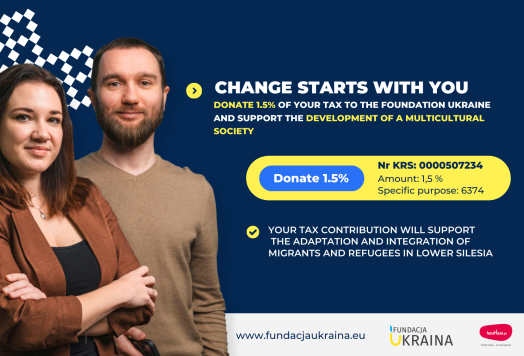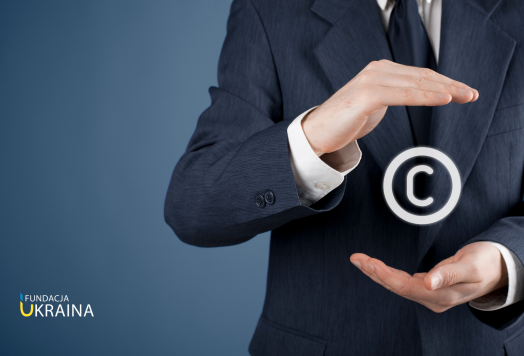Moving to another country is quite a stressful experience for everyone. Foreign people, language, sometimes also foreign culture. Then there is one question: how to find yourself in the new reality – quickly and painlessly as possible? It is best to surround yourself with friendly people who will show and explain everything. Or look for helpful websites or apps in advance. Journalist Klaudia Kardas on the order of the Foundation Ukraine, collected the most useful applications and websites for migrants in Poland.
USEFUL WEBSITES – LEGAL, MEDICAL, AND EDUCATIONAL AID
Before we start to go through all possible departments, trying to sort out any permits for work, study, or renting an apartment, we suggest looking at the country’s government websites and more precisely to the bookmarks 100% dedicated to foreigners. Fortunately, they are not difficult to locate, because all state-owned sites have in their address, the so-called. the top-level domain that is known all over the world -. gov.
One of the first pages to appear on Google’s search is Office for Foreigners on which you can find information regarding i.e., permanent, or temporary residence permits. How to find a job or start your own business, what conditions must be met to be able to continue studying in Polish schools and universities. There is also a tab about free legal aid, various projects, and programs aimed at migrants, a list of Centers for foreigners, or various downloadable materials, e.g., applications, newsletters, stamp duties, etc. Most importantly, this website is available in several languages, like Polish, English, and Russian.
The other web, which is good to know, is Caritas – the largest charity in Poland, which has been helping migrants and the poorest for years by organizing fund-raising for money, food, and material goods. In addition, in 2017, Caritas Poland created and made available a fully mobile application “First steps in Poland”, whose main task is to help migrants in such matters as the legalization of residence in Poland, social assistance, where to get support, what are the rights of migrants in the labor market, as well as what help they can count on in the field of medical care.
Except for government websites and charities, it is also worthwhile to dig a little deeper on the internet and look for sites devoted to purely legal issues. To find out what you need to do to exchange your driving license or obtain Polish citizenship, visit, for example. Migrant.info
THE MOST POPULAR APPS THAT WILL HELP IN EVERYDAY LIFE
Living abroad, it is worth doing everything to make life as easy as possible. This can be done in different ways, but perhaps the most effective will be to trust the latest technology – smartphones and mobile apps. Usually, they are quite simple and intuitive to use and surely everyone can handle them.
Except for the most famous, such as Instagram, Facebook, Vkontakte, Tik Tok, WhatsApp, or Messenger, it is worth installing other apps that are undoubtedly more useful to us in everyday life.
Here are just some that are worth knowing:
- Language. When knowledge of polish does not yet allow for free communication, it is worth having around mobile dictionaries: Glosbe.com or Multilingual English Dictionary OFFLINE. However, if you need something more, it can be very helpful: Speak&Translate – an application that translates any voice messages into any language from “library”. Internet translator Yandex.Translate with a rich dictionary and the ability to write words to “favorites”, as well as a standard Google Translate which has more than 108 languages from around the world.
- Transport. Not everyone can afford traditional taxis, and bus timetables sometimes cause headaches. In that case, there can be very helpful apps: Uber, FREE NOW (mytaxi) – with safe and cheap rides in the largest cities in Poland or Bolt: Rides & Scooters. And for lovers of ecology and public transport are dedicated: Jakdojadę.pl, and Mobile MPK – with timetables of all lines of buses, trams, suburban railways, and subways.
- Food. There are days when nobody wants to stand in the kitchen and cook. Apps such as Pyszne.pl, Głodny.pl, Uber Eats, Volt or Glovo, thanks to which we can get, straight to the doors, a tasty and warm meal from any restaurants in the city. Undoubtedly, an interesting and unusual solution is apps like Foodsi – po co marnować? or Too Good To Go – Rewolucja na wynos! – bringing together restaurateurs to fight wastefulness. What did not sell on a day can be bought at a lower price, but just as tasty as it usually is.
- Shopping. Recently, a very popular app is becoming Vinted, with the help of which you can buy clothes, books, music CDs, or other everyday items. Also, interesting apps for shopping are SkyCash – virtual wallet and payment card in one. Thanks to it, you can pay for parking, purchase tickets for public transport, as well as cinema tickets (for now mainly to Multikino). You can also withdraw money from ATMs or transfer funds to a phone number.
- Tourism. Once you have settled in, it is worth exploring the city and its surroundings. Where you can eat something good, where there are nice views, and where you can listen to great music. These will be useful apps: Tripadvisor Hotels Flights Restaurants and Booking.com – which are used not only to book hotels but also to help to choose the right “place” for lunch or show the most interesting monuments.
- Work. Important (if not the most important!) case for everyone. Thanks to technological developments, there is no need to go from company to company with your CV anymore. Now can help simple apps such as Pracuj.pl, Praca.pl or increasingly popular – Praca za rogiem, whose main idea is to find a good job, as close as possible to your home.
- Health. Without any doubt, this is something that should be taken care of. No matter where the current home is. Download the app on your smartphone to check appointments, see a prescription, or find a free appointment with a specialist ZnanyLekarz.pl.
- Entertainment. From time to time, you should relax. If you want to watch a movie, tv-series or listen to a good podcast, you should have the most popular ones installed on your phone (not only in Poland!) apps – YouTube, Netflix, Spotify. And for lovers of classic radio shows worth recommending is Polish Radio, or Open FM.
REGIONAL APPLICATIONS
Many Polish cities and districts offer apps designed especially for a specific region. It is worth having them on your phone in order not only to know the history or geography of a particular place but also to be able to show your guests the most interesting corners of the city.
A good example is Wroclaw, which offers its habitants such apps as:
- iMPK, which helps to move Wrocław’s public transport or VOZILLA, allowing you to rent of electric cars.
- UrbanCard – you can buy tickets for the Wrocław public transport (sometimes at a fairly bargain price) or, after free activation of the card, visit selected cultural institutions – and what is more interesting – for free.
- Footsteps, offering a range of personalized city tours; currently, the app works not only in Wrocław but also in other major cities in Poland.
- ZOO Wrocław map – app useful for fans of the ZOO. It shows different tours, including the private preferences of users.
- Wrocławskie Krasnale allows you to locate all the hidden dwarfs in the city. It can be good fun, not only for families with children!
This is how our examples of useful websites and apps for migrants are shown. We are, of course, aware that this is just the tip of the iceberg and that every person, regardless of the country, can face completely different problems. However, we hope that the mobile apps and websites shown by us will prove to be a great support and help for everyone, who starts their life in Poland.
Stay in touch with the Foundation Ukraine!
Follow us to keep up to date with all our projects and events!
Facebook: https://www.facebook.com/CUKR.Wroclaw/ and https://www.facebook.com/fundacja.ukraina/.
Instagram: https://www.instagram.com/cukr.wroclaw/.
YouTube: https://www.youtube.com/channel/UCS9Afcq5gYybQwMTOvfeGXg.
——–
This article has been written within the framework of the reSTART project, which is co-financed by the National Asylum, Migration and Integration Fund Programme and the state budget.






